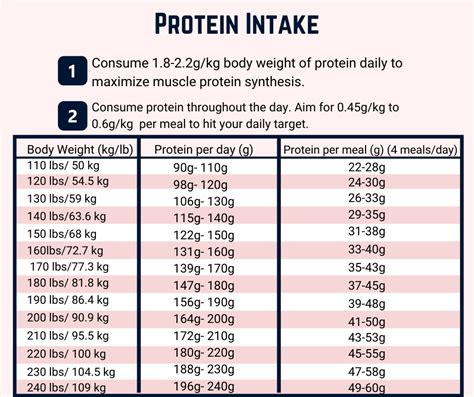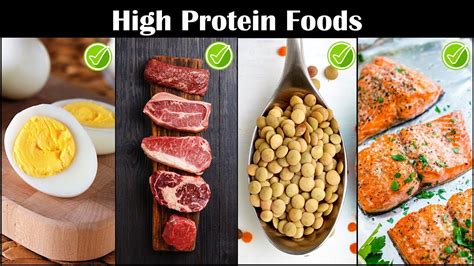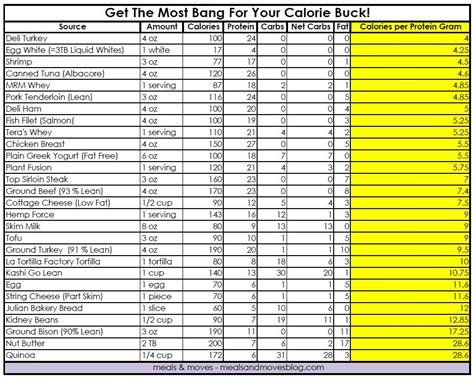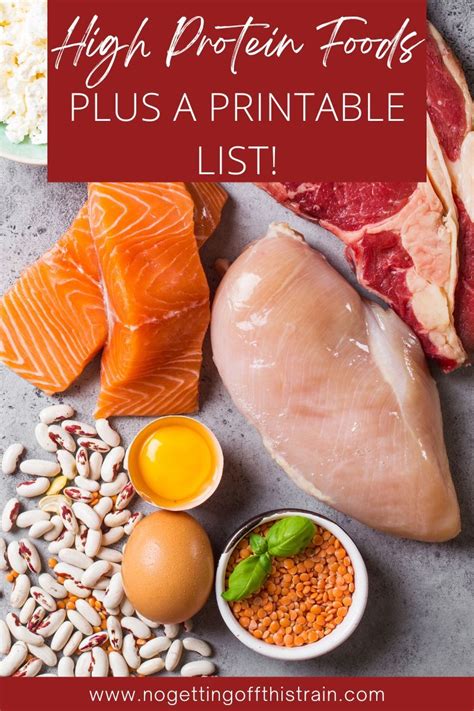What is the optimal daily protein intake recommendation for an active adult male aiming to build or maintain muscle mass?

For active adult males, optimizing daily protein intake is a cornerstone of any successful strategy to build or maintain muscle mass. Protein is not merely a supplement but a fundamental macronutrient, essential for muscle repair, growth, and overall physiological function. Understanding the ‘optimal’ intake goes beyond a single number, considering various factors unique to an individual’s activity level, body composition, and specific goals.
The Science-Backed Recommendation
Current scientific consensus, supported by numerous studies in sports nutrition, suggests a specific range for active individuals. While the general population might aim for 0.8 grams of protein per kilogram (g/kg) of body weight, those engaged in regular resistance training or intense physical activity require significantly more.
For active adult males aiming for muscle hypertrophy (growth) or maintenance, a daily intake between 1.6 to 2.2 g/kg of body weight is generally recommended. Some studies even suggest up to 2.4-2.8 g/kg for periods of caloric deficit to preserve lean mass, though 2.2 g/kg typically serves as a practical upper limit for most.

How to Calculate Your Target
To put this into perspective, if an active male weighs 80 kilograms (approximately 176 lbs), his daily protein target would range from 128 grams (80 kg * 1.6 g/kg) to 176 grams (80 kg * 2.2 g/kg).
- For Muscle Building (Hypertrophy): Aim for the higher end of the range, around 1.8-2.2 g/kg.
- For Muscle Maintenance: The lower to mid-range, 1.6-1.8 g/kg, is often sufficient, especially if caloric intake is adequate.
- During Caloric Deficit (Cutting): To preserve lean muscle mass while losing fat, increasing protein intake to 2.0-2.4 g/kg can be highly beneficial.
Factors Influencing Optimal Protein Intake
While the 1.6-2.2 g/kg range is a solid guideline, individual needs can vary based on several factors:
- Activity Level and Intensity: More frequent and intense training sessions (e.g., heavy lifting, high-volume workouts) demand more protein for repair and recovery.
- Age: Older adults (over 50) may benefit from slightly higher protein intakes (e.g., 1.0-1.2 g/kg even for less active, and higher for active) due to anabolic resistance, where muscles become less responsive to protein over time.
- Body Composition: The recommendations are often based on lean body mass rather than total body weight, especially for individuals with higher body fat percentages. However, using total body weight is usually practical and sufficiently accurate for most active individuals.
- Specific Goals: As mentioned, whether you’re building, maintaining, or cutting influences the precise target within the recommended range.

Quality and Sources of Protein
Not all protein is created equal. The quality of protein refers to its amino acid profile and digestibility. Complete proteins, which contain all nine essential amino acids, are paramount for muscle protein synthesis (MPS).
Excellent Sources Include:
- Animal-Based: Chicken breast, lean beef, fish (salmon, tuna), eggs, dairy (milk, Greek yogurt, whey protein). These are typically complete proteins.
- Plant-Based: Soy products (tofu, tempeh), quinoa, buckwheat, peas, lentils, beans, nuts, seeds. While many plant proteins are incomplete on their own, a varied plant-based diet can easily provide all essential amino acids. Plant-based protein powders (pea, rice, soy) are also excellent options.
Aim for a mix of whole food sources to ensure a broad spectrum of nutrients alongside your protein.

Timing and Distribution
While total daily protein intake is the most critical factor, how you distribute that protein throughout the day can also play a role in optimizing MPS.
- Even Distribution: Spreading protein intake across 3-5 meals or snacks throughout the day (e.g., 20-40 grams per meal) has been shown to be more effective for MPS than consuming large amounts in one or two sittings.
- Pre/Post-Workout: While the “anabolic window” is not as narrow as once thought, consuming protein before or after a workout can still be beneficial for recovery and muscle repair. A protein-rich meal 1-3 hours before a workout or a protein shake within an hour or two after can be effective.
- Before Bed: Consuming a slow-digesting protein like casein (found in dairy) before sleep can provide a sustained release of amino acids overnight, supporting muscle recovery.
Potential Risks and Considerations
For healthy individuals, high protein intake within the recommended ranges generally poses no health risks. Concerns about kidney damage from high protein diets have largely been debunked for those with healthy kidney function. However, excessively high intakes (e.g., >3.4 g/kg) may lead to digestive issues or displace other essential macronutrients if not carefully managed.
Always ensure adequate hydration when consuming higher protein amounts, as protein metabolism requires water.

Conclusion
For an active adult male aiming to build or maintain muscle mass, the optimal daily protein intake recommendation sits firmly within the range of 1.6 to 2.2 grams per kilogram of body weight. This target should be met primarily through a variety of high-quality protein sources, distributed consistently throughout the day to maximize muscle protein synthesis. Individual adjustments based on age, specific training goals, and body composition can further refine this recommendation, ensuring an effective strategy for muscle development and recovery.








